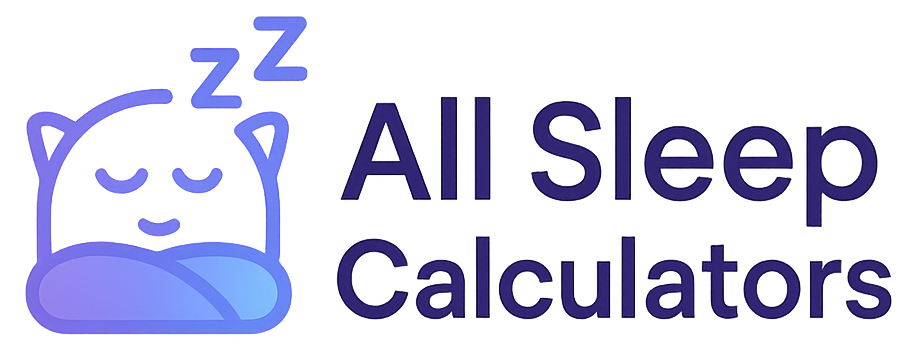What Is REM Rebound?
REM rebound refers to the increase in REM (Rapid Eye Movement) sleep that occurs after periods of REM sleep deprivation or suppression. When your body doesn't get enough REM sleep, it compensates by increasing both the intensity and duration of REM sleep once normal sleep is restored.
Did you know? During REM rebound, the percentage of sleep spent in REM can increase from the typical 20-25% to as much as 40-60% of total sleep time.
What Causes REM Rebound?
Several factors can suppress REM sleep and later trigger REM rebound:
- Sleep deprivation: Not getting enough total sleep reduces REM sleep time
- Alcohol consumption: Alcohol initially suppresses REM sleep, leading to rebound as it metabolizes
- Certain medications: Many antidepressants, stimulants, and some sleep aids can suppress REM sleep
- Sleep disorders: Conditions like sleep apnea can fragment sleep and reduce REM
- Withdrawal from REM-suppressing substances: Stopping medications or substances that affect REM sleep
- Irregular sleep schedules: Disrupted circadian rhythms can affect normal REM patterns
The Science Behind REM Rebound
REM rebound demonstrates the brain's homeostatic regulation of sleep - a principle known as sleep homeostasis. The body keeps track of "sleep debt" for different sleep stages and tries to make up for deficits when possible.
During a typical night:
- REM sleep occurs in increasingly longer periods throughout the night
- The first REM period might last only 10 minutes
- Later REM periods may last 30-60 minutes
- Most REM sleep occurs in the second half of the night
During REM rebound:
- REM periods start earlier in the sleep cycle
- Individual REM episodes last longer
- The intensity of REM sleep increases (more eye movements, more vivid dreams)
- The proportion of deep sleep may decrease to accommodate more REM sleep
Effects and Symptoms of REM Rebound
Common experiences during REM rebound include:
- Increased and more vivid dreaming: Dreams may be more intense, bizarre, or memorable
- Higher likelihood of lucid dreaming: Greater awareness during dreams
- Increased chance of nightmares: Especially after trauma or stress
- Possible sleep paralysis: More likely during periods of disrupted REM sleep
- Altered sleep architecture: Changes to the normal progression of sleep stages
Is REM Rebound Good or Bad?
REM rebound itself is a natural recovery process, but the situations that cause it can be problematic:
Potential benefits:
- Helps restore cognitive function after sleep deprivation
- Supports emotional processing and regulation
- Part of the brain's natural healing and recovery mechanism
- May enhance memory consolidation after periods of poor sleep
Potential downsides:
- May reduce deep sleep on rebound nights, affecting physical restoration
- Can cause disturbing dreams or nightmares
- May contribute to temporary sleep inertia (morning grogginess)
- Indicates previous disruption to healthy sleep patterns
Managing REM Rebound
To handle REM rebound and promote healthy REM sleep:
- Maintain consistent sleep habits using our bedtime calculator
- Avoid REM suppressants like alcohol before bed
- Allow for adequate recovery sleep after periods of sleep deprivation
- Practice good sleep hygiene to optimize overall sleep quality
- Consider sleep position - sleeping on your back may increase likelihood of sleep paralysis during REM rebound
- If medication is causing REM suppression, discuss with your healthcare provider - never stop prescribed medications without medical advice
Want to improve your sleep quality?
Use our calculators to establish a consistent sleep schedule that supports healthy REM sleep:
Explore More Sleep Topics
Sleep-Wake Homeostasis
Discover how your body naturally regulates sleep pressure and wakefulness.
Melatonin
Learn about this important sleep hormone and its role in your sleep-wake cycle.
Circadian Rhythm
Explore your body's internal clock and its impact on sleep timing.
Power Naps
Understand the science behind short naps and how to use them effectively.
